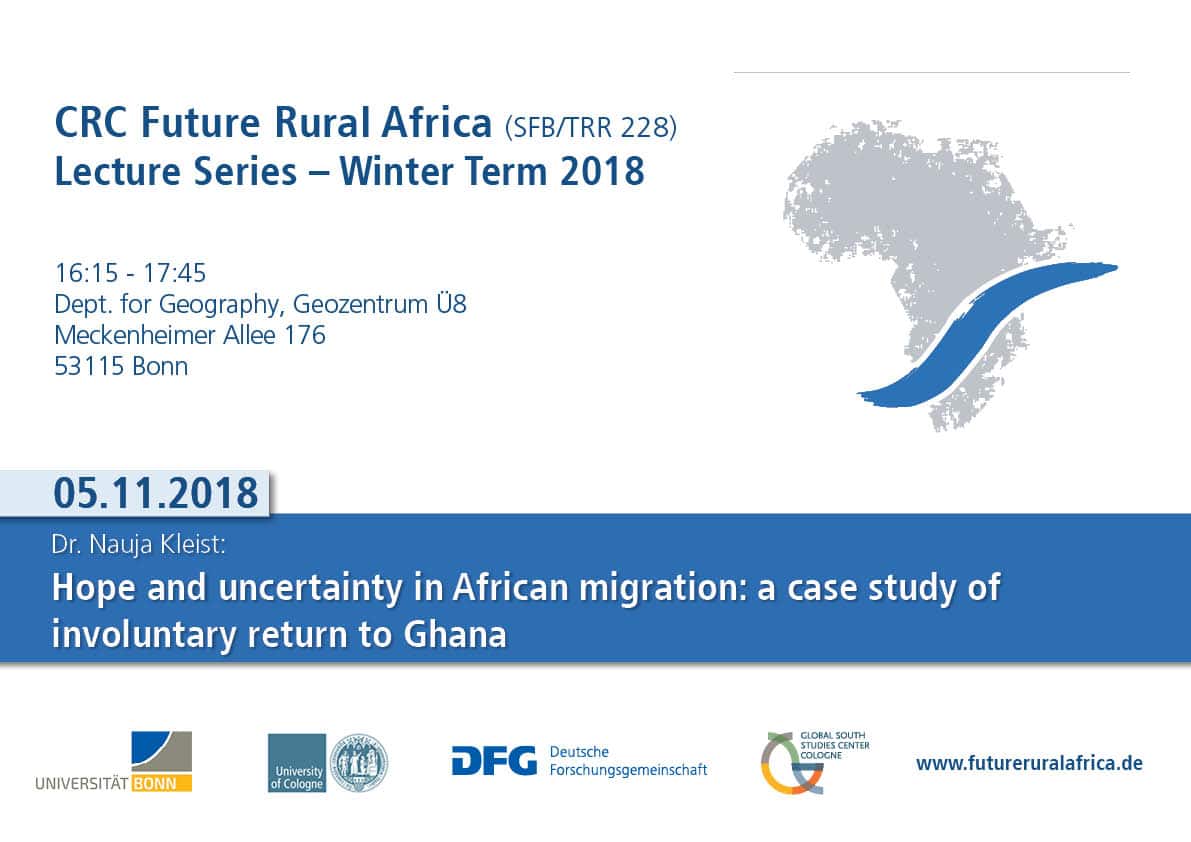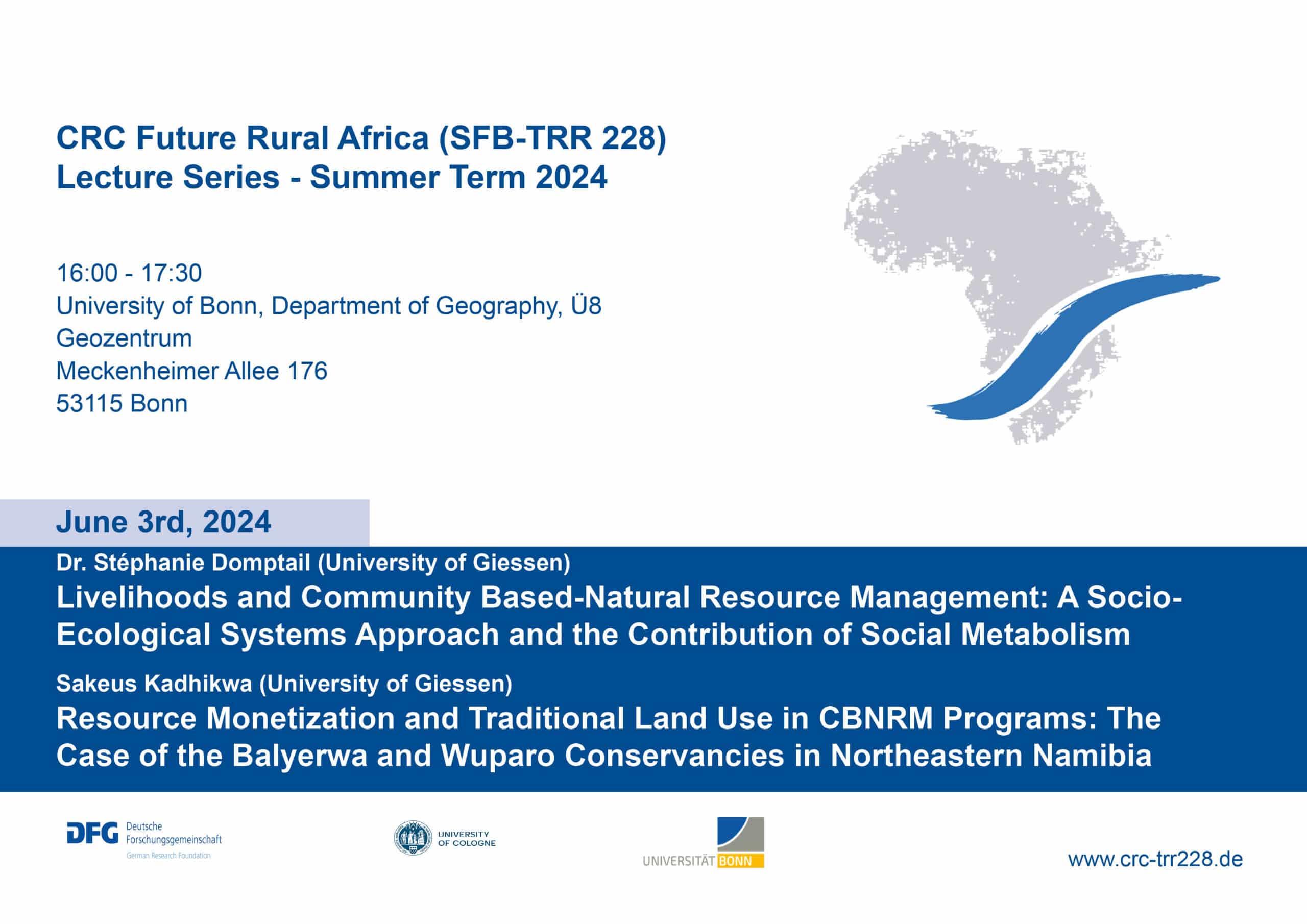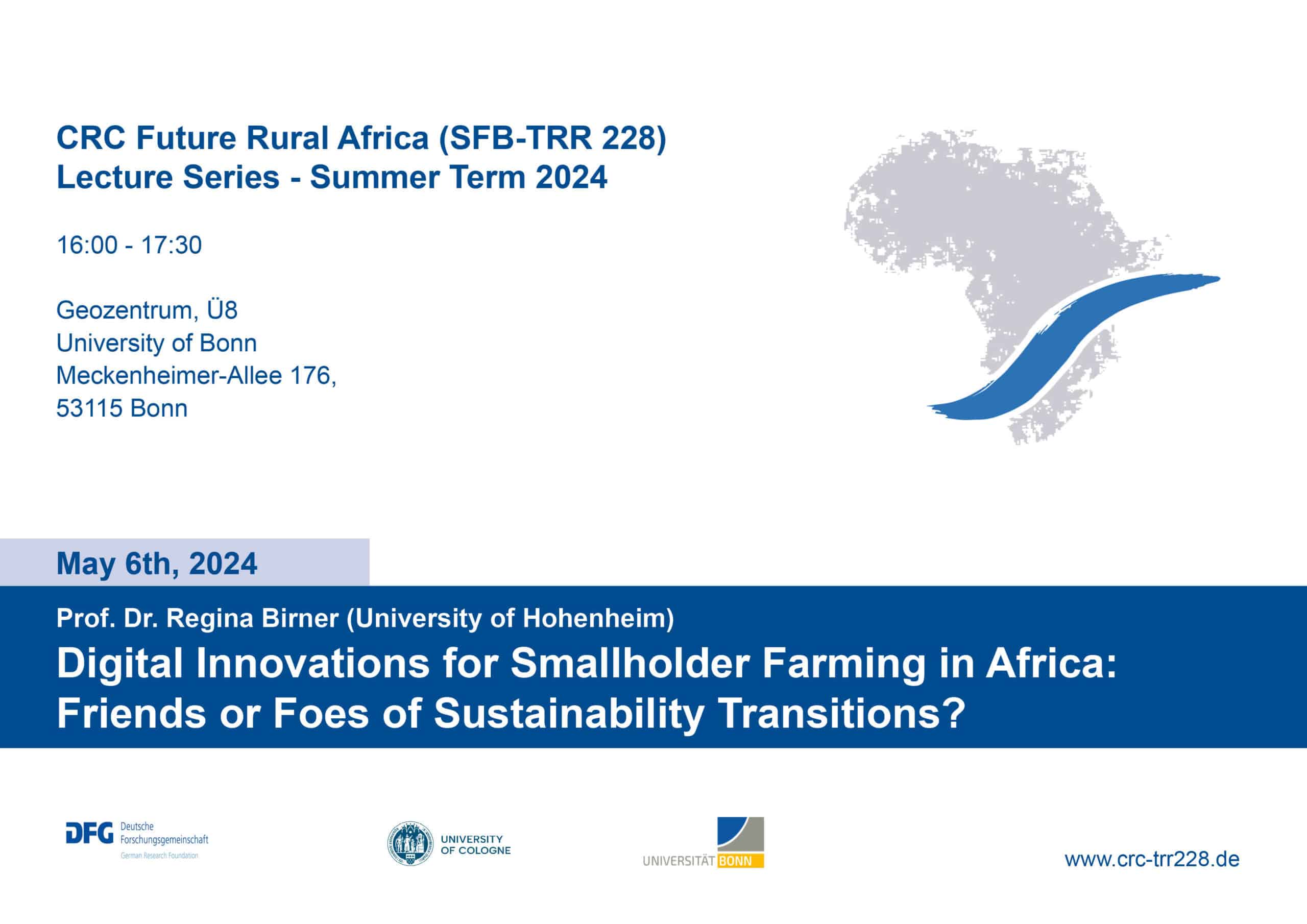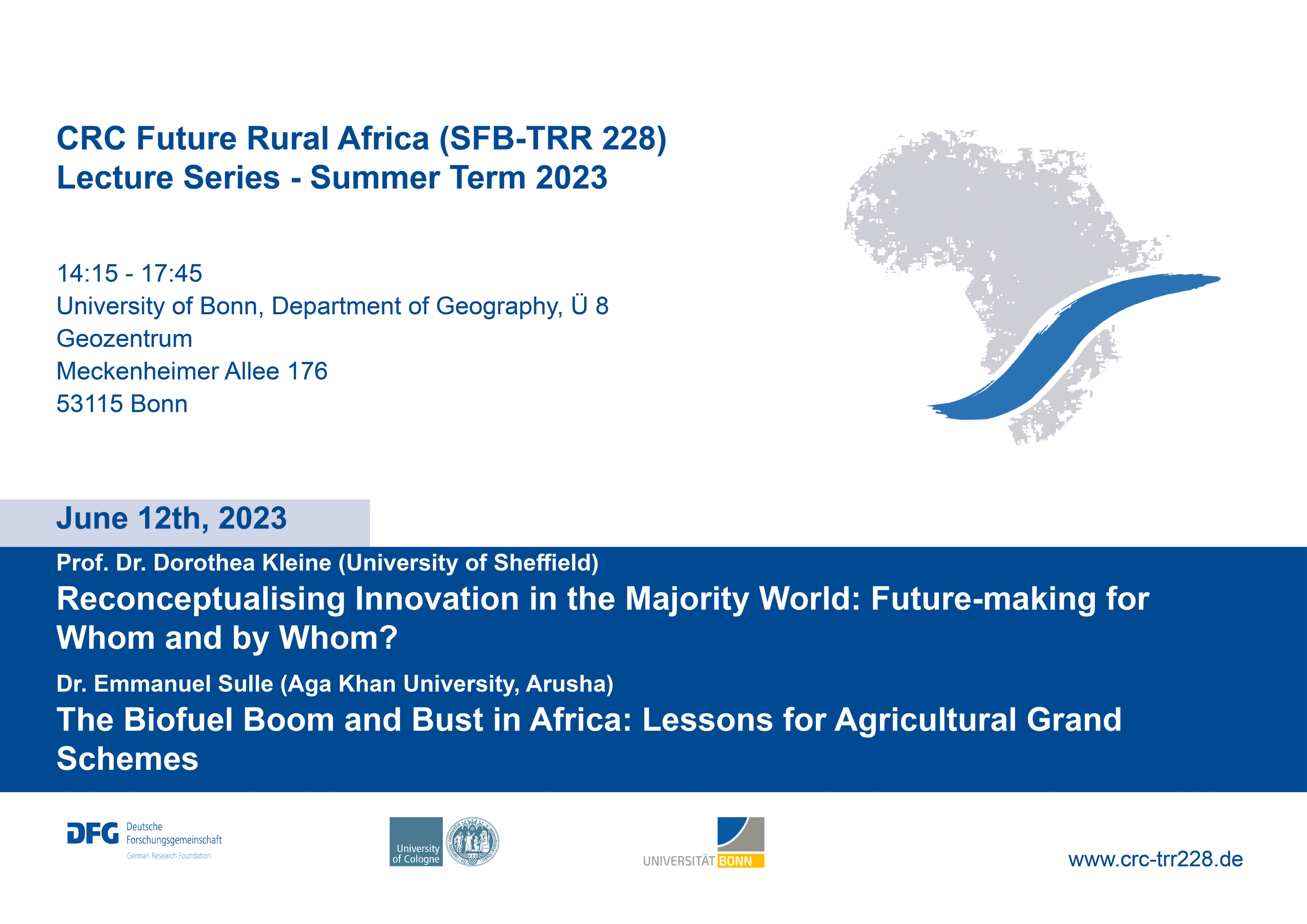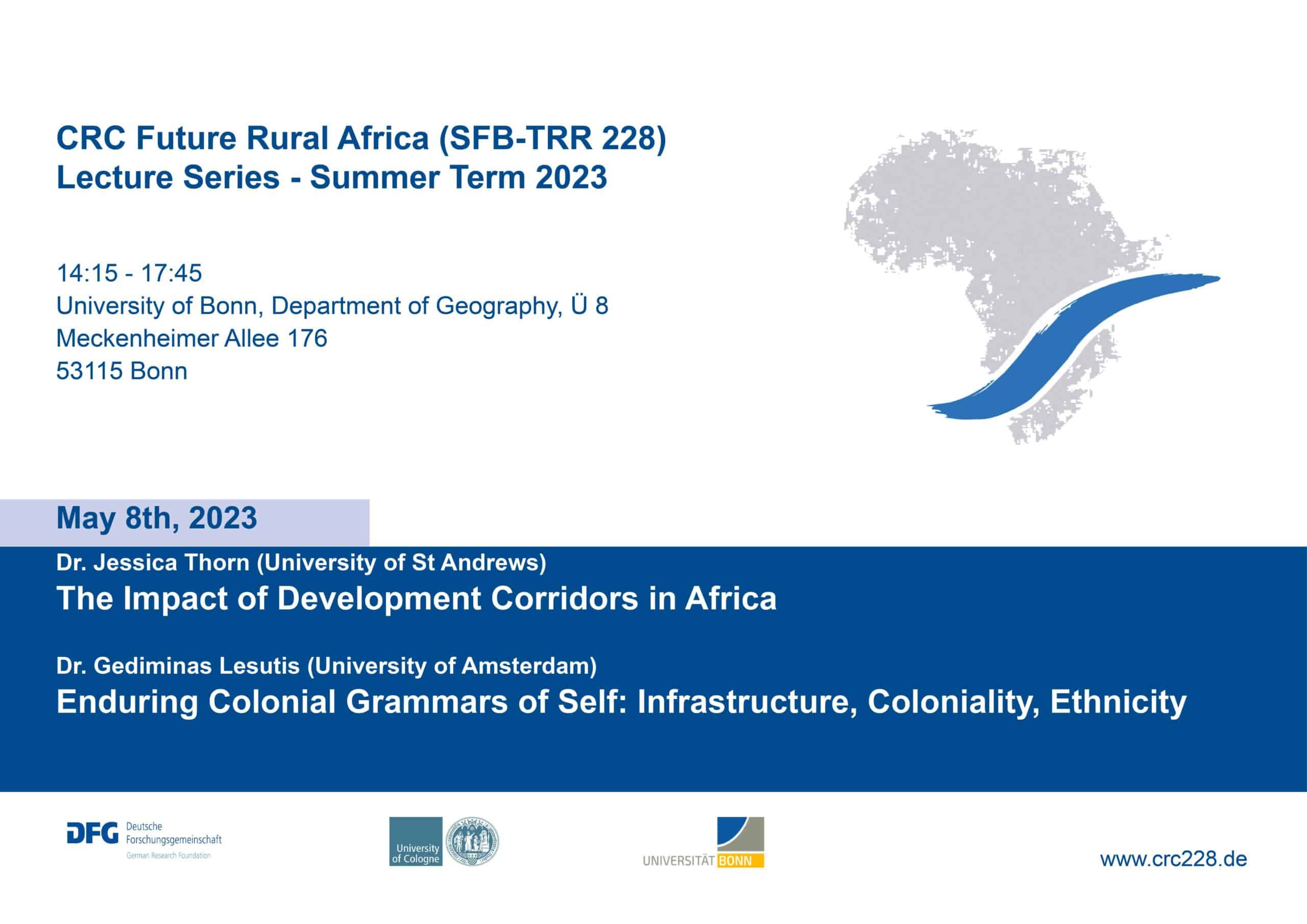by Dr. Nauja Kleist
Contemporary migration is characterized by a mobility paradox. The increased reach and accessibility of communication, media and transport technologies mean that people in many parts of the world are exposed to visions of the good life and future elsewhere while restrictive mobility regimes makes access to the global circuits of legal mobility increasingly difficult. How do migrants respond to this situation and imagine their mobility, life and future? In this lecture, I explore hope as an analytical framework for studies of migration in the light of this mobility paradox, examined through a case study of involuntary return to Ghana. Based on fieldwork among Ghanaian deportees and other involuntary return migrants, I explore trajectories of social and spatial (im)mobility, how returnees relate to notions of the good life and future, and their temporal and spatial projections. Returning involuntarily often implies socio-economic problems, the at least temporary end to (some) transnational practices, and it is widely embedded in a sense of individualized failure, despite widespread local knowledge of the uncertainty related to high-risk migration. I suggest that this conundrum is an expression of the local persistence of international migration as a repository of hope for a better and livable future. By implication, involuntary return constitutes both a disruption of mobile livelihoods as well as the hopes underpinning them.
Time: 16:15 – 17:45 / Venue: Geozentrum Bonn, Meckenheimer Allee 176, Ü 8
See here for future lectures!

